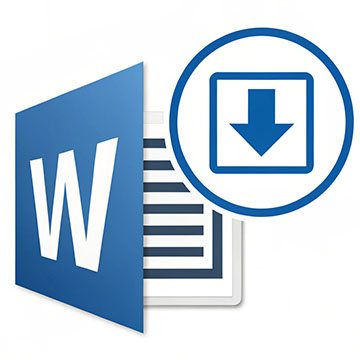Elements of Teacher Communication Competence: An Examination of Skills and Knowledge to Communicate
Keywords:
Communication Competence, Students’ Perception of Teachers, Teachers' Burnout at Work, Teachers’ Social Communication Style, Teachers Communication SpontaneityAbstract
In Croatia, a radical change appeared in education in 1995. The Ministry of Education and Science of Croatia approved and funded the research project entitled "Information and communication competences of educators" that consisted of two parts: theoretical, study of the available literature on the communication competence of teachers in the world, especially in Europe and conduction of research of teachers’ communication skills in Croatia. The study was conducted with the aim of assessing the situation and defining the problems which need to be changed within the education system as to educate the future teachers to be competent for the new challenges associated with the school work. The aim of the research was to get an insight into different aspects of communication competence among primary education teachers. Main conclusions were that teachers do not perceive or connect burnout at work with communication in classroom (they are not aware of their lack of communication knowledge and adequate communication skills). They do not have sufficiently developed skills to manage conflicts and negotiation skills. Communication in the classroom is interpersonal communication with particular students. They do not possess leadership and group communication skills.
Downloads
Published
Issue
Section
License
Articles may be used for research, teaching, and private study purposes. Authors alone are responsible for the contents of their articles. The journal owns the copyright of the articles. The publisher shall not be liable for any loss, actions, claims, proceedings, demand, or costs or damages whatsoever or howsoever caused arising directly or indirectly in connection with or arising out of the use of the research material.
The author(s) of a manuscript agree that if the manuscript is accepted for publication in the International Journal of Research in Education and Science (IJRES), the published article will be copyrighted using a Creative Commons “Attribution 4.0 International” license. This license allows others to freely copy, distribute, and display the copyrighted work, and derivative works based upon it, under certain specified conditions.
Authors are responsible for obtaining written permission to include any images or artwork for which they do not hold copyright in their articles, or to adapt any such images or artwork for inclusion in their articles. The copyright holder must be made explicitly aware that the image(s) or artwork will be made freely available online as part of the article under a Creative Commons “Attribution 4.0 International” license.

This work is licensed under a Creative Commons Attribution-NonCommercial-ShareAlike 4.0 International License.




